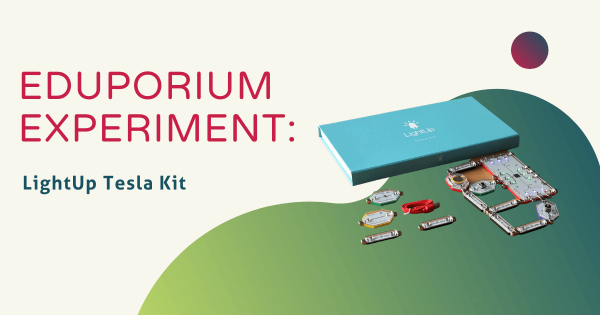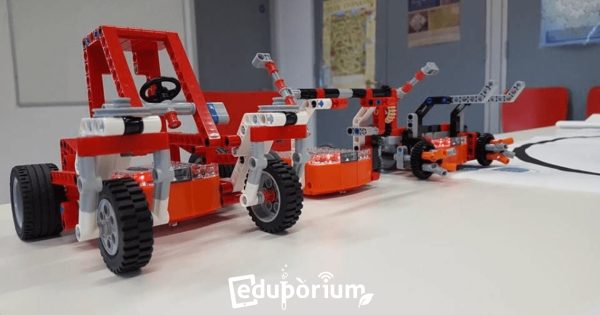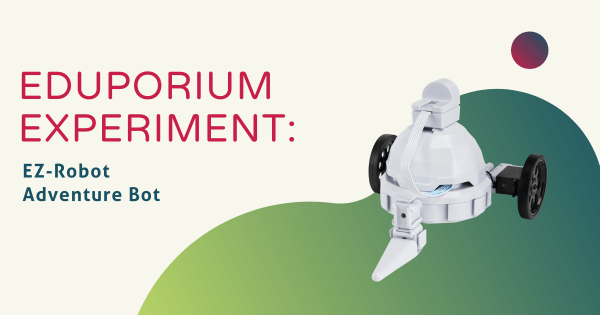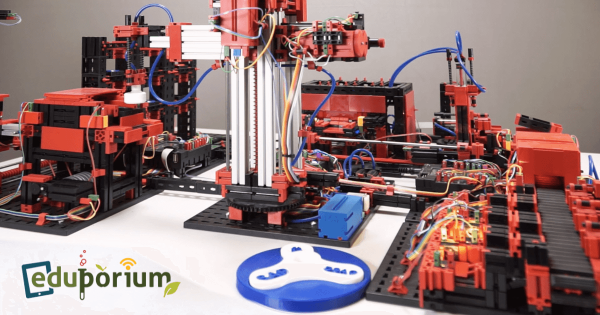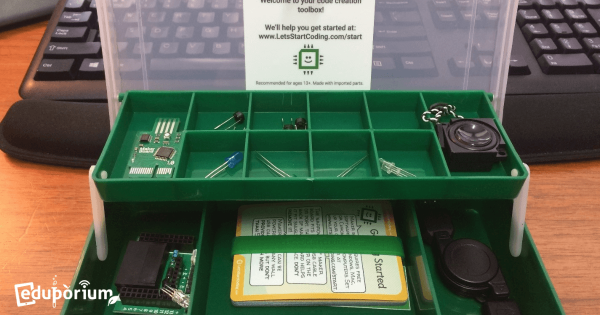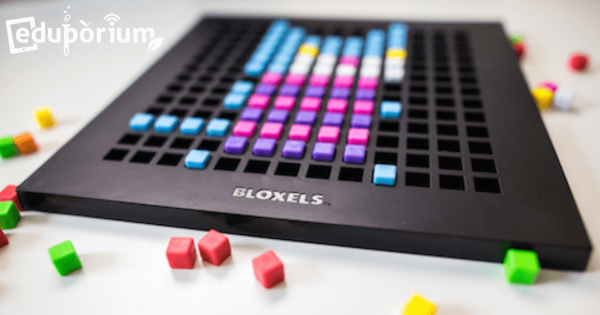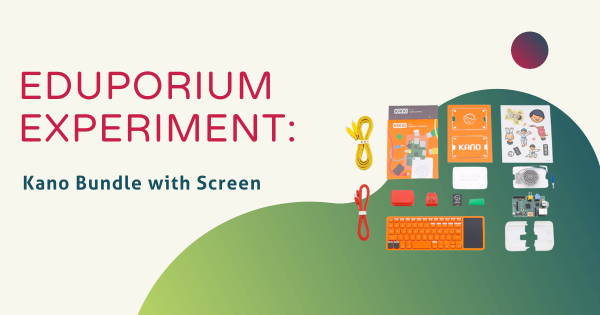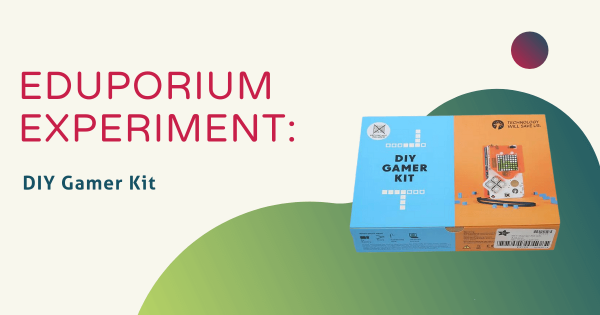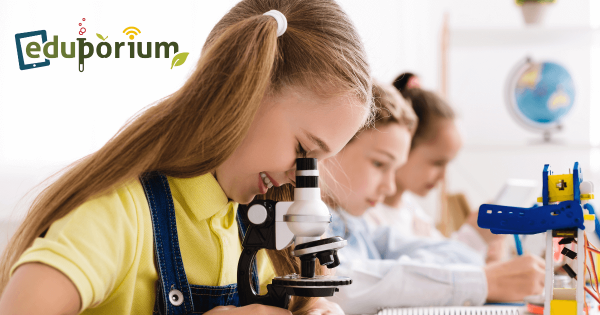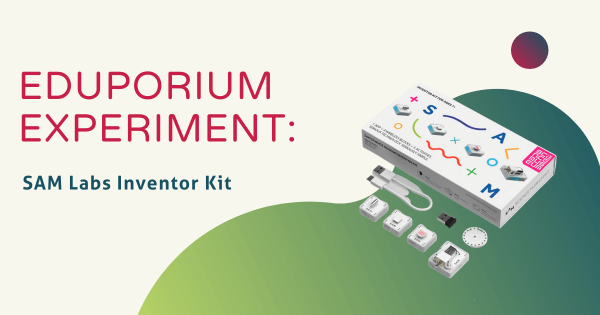Coding
Coding is, of course, a hugely important area of 21st century education. Whether they're as young as Pre-K or ready to enter college, coding is extremely relevant to almost every student's future. Thankfully, millions of educators and administrators realize the importance of teaching kids to code. Whether it's a curricular requirement or part of an informal school club, programming experiences are amazingly valuable for students. There's also plenty of options, so educators can find something without complicated or pricey features. In this section, you'll see a lot of different topics related to K-12 coding. These include features on particular STEM tools, insights on coding integration, skills students can develop and more. There's also something for teachers of all grade levels. Whether you teach the early grades or have students with the foundation to take the next step, you'll find helpful resources for teaching coding in the classroom.
Coding is truly an experience that all K-12 students can have. Starting in the early grades, students can code screen-free with a tool like the Cubetto Robot. Then, they can start to increase their coding skills and explore Blockly environments using tools like the Dash Robot, Ozobot Evo, and many others. From there, students can explore a bunch of different languages, like Snap!, Scratch, MakeCode, and more and, eventually, expand their skill sets by exploring text-based languages, like JavaScript and Python. All the while, the STEM solutions we advocate for also allow students to learn the most important coding concepts, like loops, variables, inputs, conditionals, and syntax. With a natural progression that leads to increased computer science competencies and enhanced future readiness, it's tough to understate the relevance of coding experiences in the classroom.
-
Eduporium Experiment | LightUp Tesla Kit
At Eduporium, we very much appreciate EdTech that is engaging, enables creativity, and allows students to build Future Ready skills. Perhaps above those three characteristics, we value and promote tech tools that are progressive. That’s exactly the case with the focus of this week’s Eduporium Experiment, the LightUp Tesla Kit. -
The Edison Robot: Get Kids Programming in 6 Unique Ways
In the past, the Edison worked with Web-based software called EdWare and was designed for use on Chromebooks. Now, Microbric, its manufacturers, have released new programming software called EdBlocks, which allows kids to program Edison more enjoyably and effectively, including with LEGO compatibility. -
Eduporium Experiment | EZ-Robot Adventure Bot
We have discovered more STEM products in the EZ-Robot line and have added all of them to our store. The EZ-Robot team really has thought of everything—well, just about everything. Joining the original models are a Battle Flipper, Galapagos Bot, and the subject of this week’s Eduporium Experiment—the EZ-Robot Adventure Bot. -
The Fischertechnik Line: STEM With Something for All Students
Their top-notch designs, user-friendly integration, and expanding variety of STEM-based projects ensures that every student will remain engaged and learning while interactively doing something they enjoy! With these STEM kits from Fischertechnik, students get to follow the blueprints, design new devices, and build everyday tools, like hair dryers and windshield wipers! -
New Teacher Resources from the Let's Start Coding Team
Coding is an extremely large topic in modern education and has enormous implications on the futures of today’s students. As the flood of coding toys, tools, and websites out there continue to expand, we chatted with Weston Hagan, Director at Let’s Start Coding, about connecting coding with more of today’s existing academic standards when building a new product. -
Programming Video Games Is A Piece Od Cake With Bloxels Kits
Coding is too tough for kids. There’s nothing to simulate what it’s actually like. I’d rather have students learn the theory than the practice. These are some of the things that Bloxels, the video game building kit, helps put to rest. With this interactive tool, students as young as 7 can create their own video games using authentic construction. -
Eduporium Experiment | Kano Bundle with Screen
The Kano team now has a bundled kit complete with a screen and we put that to the test in our office for this edition of the Eduporium Experiment. Just following the instructions was enough because the included illustrations are very clear and easy to follow. I didn’t have to Google anything or spend any extra time pulling up YouTube -
Eduporium Experiment | DIY Gamer Kit
In 21st century education, much has been made about game-baed learning and its place in the classroom. Some educators and learning experts have questioned its legitimacy as a teaching approach while others have embraced it and used it effectively. Now, students also have the opportunity to create their own games! -
What We Can Do to Get More Girls In STEM
It’s incredibly discouraging, but, for one reason or another, women have not always had the same opportunities when it comes to STEM careers as men. To provide girls with the opportunities they deserve, educators have to get them interested from the onset. Whether it’s during the school day or during the summer, girls need more opportunities. -
Eduporium Experiment | SAM Labs Inventor Kit
A few weeks ago, we reviewed the SAM Labs Curious Cars Kit for the Eduporium Experiment and now this week’s edition has the SAM Labs Inventor Kit in store for us! SAM Labs is a British company who’s committed to bringing hands-on STEAM to early education and have created three innovative kits that do just that.




